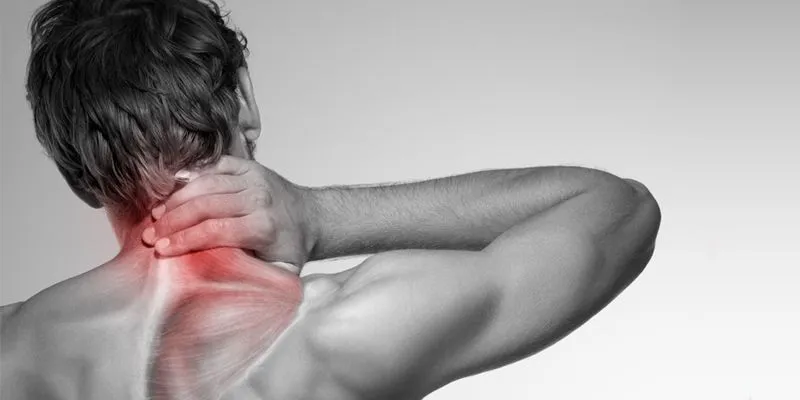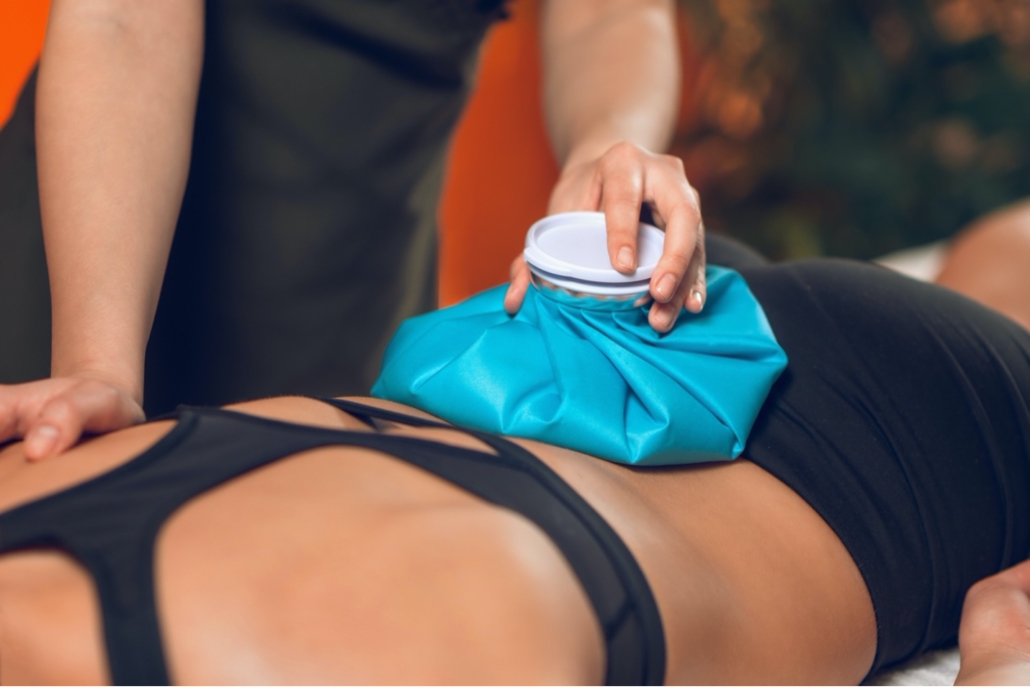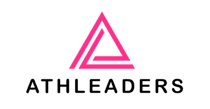INTRODUCTION

THE REAL CAUSE OF MUSCLE SORENESS
Muscle soreness typically happens when your muscle fibres experience microscopic tears due to unusual physical activity. These tears might lead to inflammation, stimulating the repair and growth process, and resulting in stronger muscles. DOMS usually peaks 24 to 72 hours after an intense workout.
If you are a beginner in your fitness journey, it is very common to experience muscle soreness. If you have started working out today, you won’t feel any muscle pain. The pain in your muscles starts on the third day. Also, it is important to work with the correct form and technique. It is always best to hire a personal trainer as a beginner. A personal trainer can help you correct the form and teach you techniques to ace a workout without straining your muscles. Also, if you are experiencing any sort of difficulties after a workout, a personal trainer will easily help you with the remedy to recover from the pain.
DIFFERENCE BETWEEN SORENESS AND PAIN
TIPS TO MANAGE MUSCLE SORENESS

WHEN TO SEEK PROFESSIONAL
HOW ATHLEADERS CAN HELP
Athleaders is ranked the No.1 Personal Training Company for 4 consecutive years, 2021-2024 respectively. We achieved this ranking by sending certified personal trainers directly to the client’s preferred location – home, condo-gym or even outdoors. Our expert personal trainers have experience in strength, weight loss, fat loss, pre/postnatal fitness etc. They take into account the client’s existing injury and medical conditions and craft a custom workout plan. Along with the expert personal trainer guidance, you also get assigned to a dedicated dietitian and an accountability coach. The dietitian will track your daily meal plans and create a customised diet plan for you. The accountability coach will be the intermediate person between the client and the dietitian to understand your daily progress.
